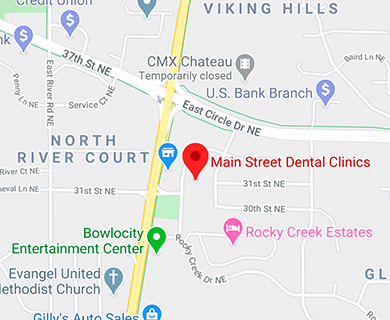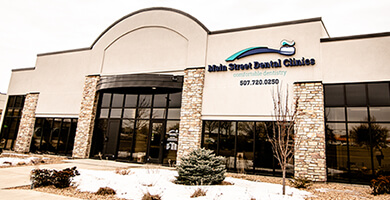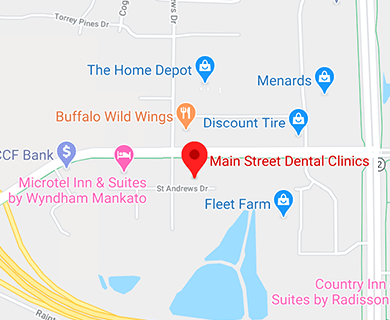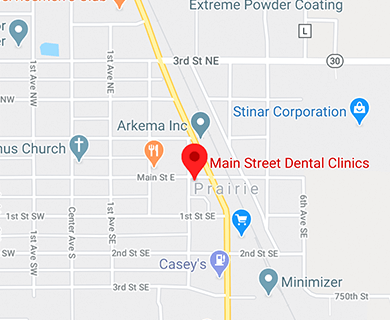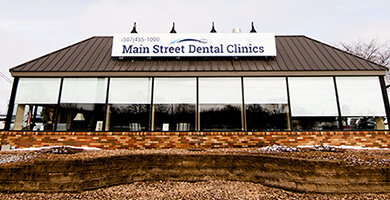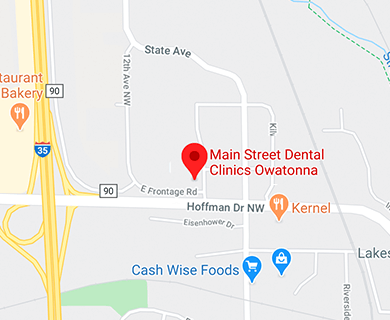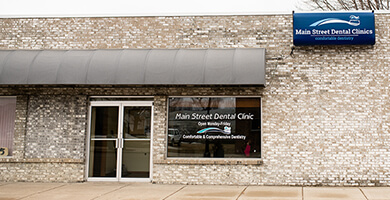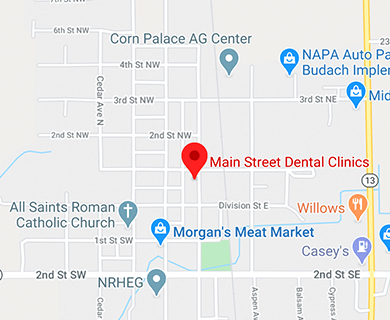Do You Have an Ageless Smile? Let Us Help You Keep It!
September 15th, 2021

In your golden years, you’ve become a pioneer in tooth care. Yours is probably the first generation in history that can expect to keep most of their natural teeth for a lifetime. You can probably guess the reasons: better oral care, advances in dentistry, improved nutrition, and a lower risk for diseases that could weaken teeth and gums.
As a pioneer, you’re learning with your dentists, and one thing we’ve found is that teeth change with age, just like the rest of the body. Even if your teeth can remain strong and white, here are a few things you may have to cope with:
Cavities: Tooth decay is not just for kids anymore. Seniors often develop cavities on the lower part of the tooth near the root. Thorough flossing and brushing along the gum line is the best preventive measure.
Sensitivity: Gums recede over time, and good dental habits only slow the process. Receding gums leave more of each tooth exposed, and the newly uncovered areas have less enamel. As a result, these teeth may be much more sensitive to hot and cold. If you find your teeth become more sensitive, try a toothpaste designed for sensitive teeth and be sure to tell Drs. Osman Swedeh, Chris Stenzel, Dan Schafer, Jeff Campbell, Chad Hanson, Brian Burmeister, Bob Kess, or Jon Fabian about it at your next checkup.
Difficulty brushing: If you have arthritis or limited motion you may have a hard time brushing your teeth. Consider switching to an electric toothbrush. There are also assistive devices available that make it easier to grip a manual toothbrush.
Other health problems: Diabetes, heart disease, and other chronic illnesses can cause symptoms in your mouth. Be sure to let us know if you have any health conditions, or if your condition changes. We can help treat symptoms that affect your teeth and recommend ways to maintain good oral health habits as part of your overall health program.






